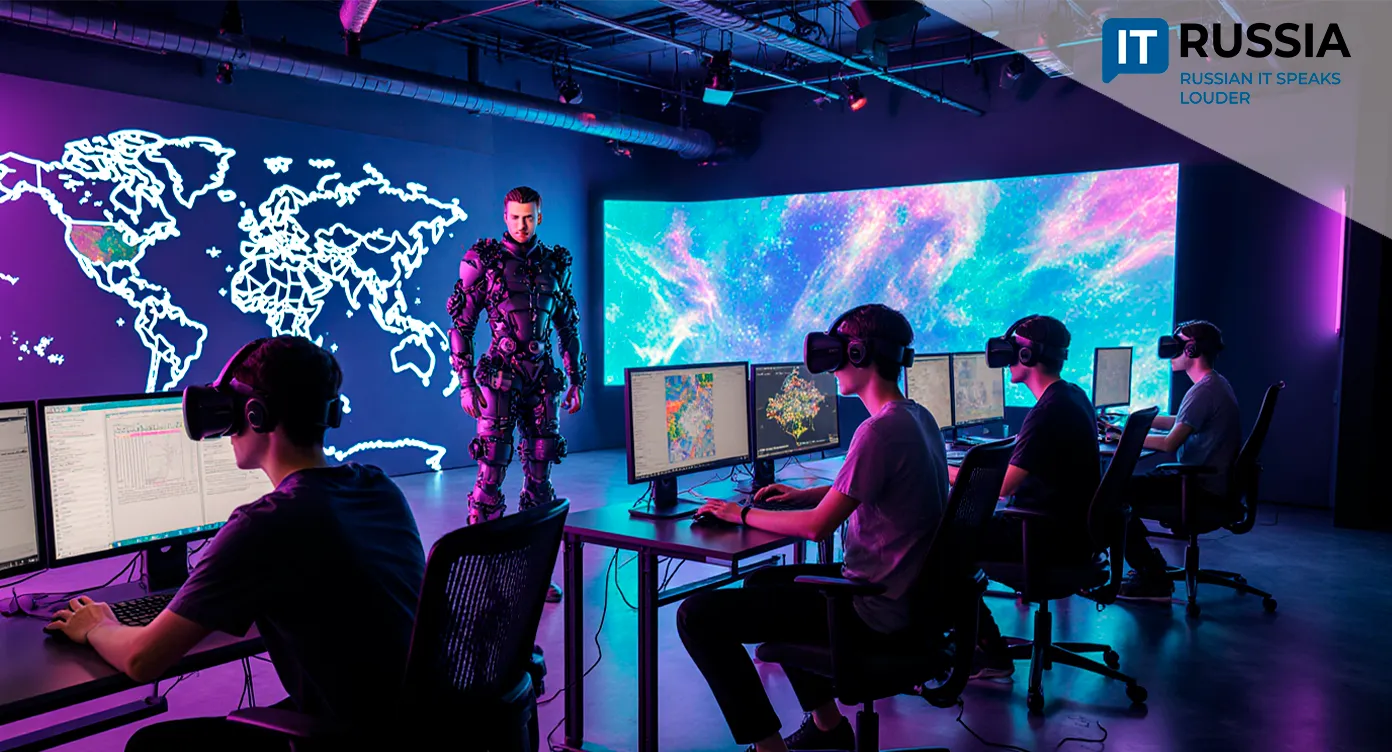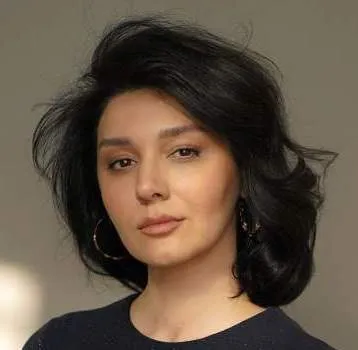Russia’s First Video Game Cluster Promises Global Hits
Moscow’s Creative Industries Agency and RuStore are building the country’s first dedicated cluster for video games and animation — a move experts say could reboot the industry and push Russian studios onto the global stage.

A Crisis Sparked Development
In 2022, video game production in Russia underwent a major shift. The exit of foreign platforms and the departure of many specialists forced local studios to find new resources and build new foundations. What could have been a collapse instead became a catalyst: the state increased its focus on gaming as part of IT, laying the groundwork for systematic support.
The new cluster is an extension of that policy. It will act as a full ecosystem, covering everything from mobile game acceleration programs and developer training to project promotion abroad. Participants will gain access to professional tools including motion capture studios, sound recording, esports and exhibition spaces, and lecture halls.

By 2030, More Russian Games
The first accelerator is scheduled to launch in fall 2025 with more than 30 professional studios participating. One of its main goals is to boost the share of Moscow-made titles in the gaming industry by 33% by 2030. Residents will receive comprehensive support — from training to expert consultations.
“One of our priorities is supporting and growing the Russian mobile development market. RuStore’s console already provides a set of tools and SDKs for creating and promoting apps and games, including brand-new projects. Thanks to our partnership with the Creative Industries Agency of Moscow, we can offer more comprehensive support and help bring new Russian hits to the global market,” explained RuStore head Dmitry Pankrushev.

A Different Approach
Russia already has strong IT project support through state-backed programs, training initiatives, and accelerators such as Skolkovo’s. Some competitions like MediaClass targeted gaming but lacked unified infrastructure and promotion.
What sets the new cluster apart is its integrated approach: systemic training, networking, and support for launching actual products. The project combines infrastructure, education, acceleration, and export in one package — essentially creating a direct path to foreign markets.
If successful, the model could become a blueprint for other Russian regions and CIS countries.

Education as a Growth Driver
Why emphasize education? Training programs can dramatically raise the skill level in Russian studios, resulting in more sophisticated games capable of competing with global titles. Experts believe this will yield higher-quality projects with stronger storytelling and design.
If fully realized, the project could strengthen Russia’s studios, build a robust pool of mobile-oriented projects, and create a scalable model for combining education and export in the creative economy.
Ultimately, the effort is about developing gaming culture, creating jobs, and positioning Russia’s creative sector as more competitive internationally.










































